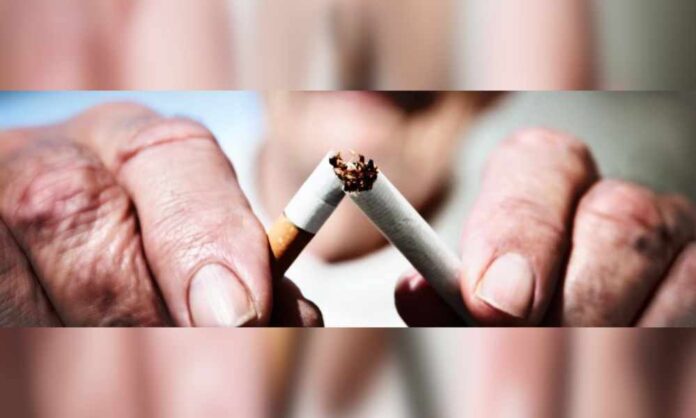
Despite high taxes and strict government regulations, smoking remains widespread in Pakistan. Existing policies have not achieved the desired outcomes, largely due to Pakistan’s unique social, economic, and cultural landscape.
For many, smoking is not just a habit but a coping mechanism to deal with certain challenges. High levels of illiteracy and a lack of education around the risks of smoking further exacerbate the problem, making it harder for people to make informed choices about their health. Peer pressure also plays a significant role, where smoking is often seen as a way to fit in or gain social acceptance. This normalization of smoking makes it difficult for policies like taxes and regulations to effectively reduce smoking rates on their own.
In contrast, countries such as Sweden and Japan have successfully reduced smoking prevalence through Tobacco Harm Reduction (THR) strategies. Sweden, for instance, saw its smoking rate drop from 15% to 5.6% in the last 15 years, driven by the widespread use of oral nicotine pouches and snus. Public education efforts further bolstered this decline, placing Sweden on the verge of becoming smoke-free. Similarly, Japan witnessed a 44% reduction in smoking rates within five years of introducing Heated Tobacco Products (HTPs), highlighting the effectiveness of harm reduction tools.
Pakistan faces significant challenges related to smoking, with an estimated 25.4 million active smokers. The health and economic impacts are substantial, with smoking-related illnesses accounting for around 1.4% of the nation’s GDP annually. These numbers reflect the growing strain on Pakistan’s already fragile healthcare system, necessitating a new approach that moves beyond the current punitive measures.
Tobacco Harm Reduction offers a viable solution for Pakistan by encouraging smokers who are unwilling or unable to quit to transition to less harmful alternatives, such as Heated Tobacco Products, oral nicotine pouches, and vapes, which are available in the market. These products deliver nicotine without the harmful chemicals produced by burning tobacco, significantly reducing health risks.











































